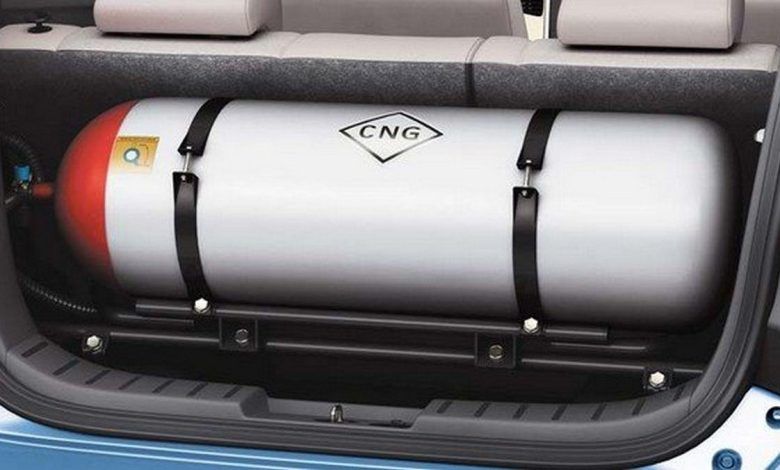
The Federal Government has announced a new agreement with gas producers to supply an additional 20 million standard cubic feet (mscf) of gas daily to meet the increasing demand for Compressed Natural Gas (CNG) among vehicle owners nationwide.
The deal is a major step in Nigeria’s broader clean energy transition strategy and was unveiled during the official launch of the Mobility CNG Supply Framework in Abuja on Tuesday.
Speaking at the event, the Programme Director and Chief Executive of the Presidential Compressed Natural Gas Initiative (PCNGI), Michael Oluwagbemi, revealed that the government aims to convert between 125,000 and 200,000 vehicles to run on CNG before the end of 2025.
“We are looking to have at least 125,000 to 200,000 vehicles on the road in addition to those already running on CNG this year,” Oluwagbemi said. “Our broader goal is to reach one million CNG-powered vehicles by the end of 2027.”
Private Sector to Play Leading Role
Oluwagbemi highlighted the crucial role of the private sector in achieving these ambitious targets, noting that private operators are currently converting two to three times more vehicles than the government-backed initiative.
“The private sector has the biggest share of the work,” he noted. “But we are committed to creating an enabling environment, including offering targeted incentives such as concessionary gas pricing, to encourage deeper participation.”
Expansion of CNG Infrastructure Underway
As part of the rollout, the federal government is partnering with private sector players to accelerate the establishment of CNG refueling stations across the country. This infrastructure is seen as vital to supporting mass adoption of CNG vehicles and reducing reliance on traditional fossil fuels.
Oluwagbemi expressed optimism that, if momentum continues, Nigeria could reach up to 250,000 or even 300,000 CNG vehicles by the end of 2025 a significant milestone in the drive toward a more sustainable and cost-effective energy mix.
“If we can hit those numbers, we’ll have done a lot of good work this year,” he added.
Toward a Greener, More Secure Energy Future
The Mobility CNG Supply Framework is part of a larger national initiative to diversify Nigeria’s transportation energy sources, improve environmental sustainability, and reduce the cost of transportation for Nigerians through the use of abundant local natural gas.
“We are leveraging Nigeria’s gas resources to deliver a more secure and affordable energy future for our people,” Oluwagbemi concluded.





